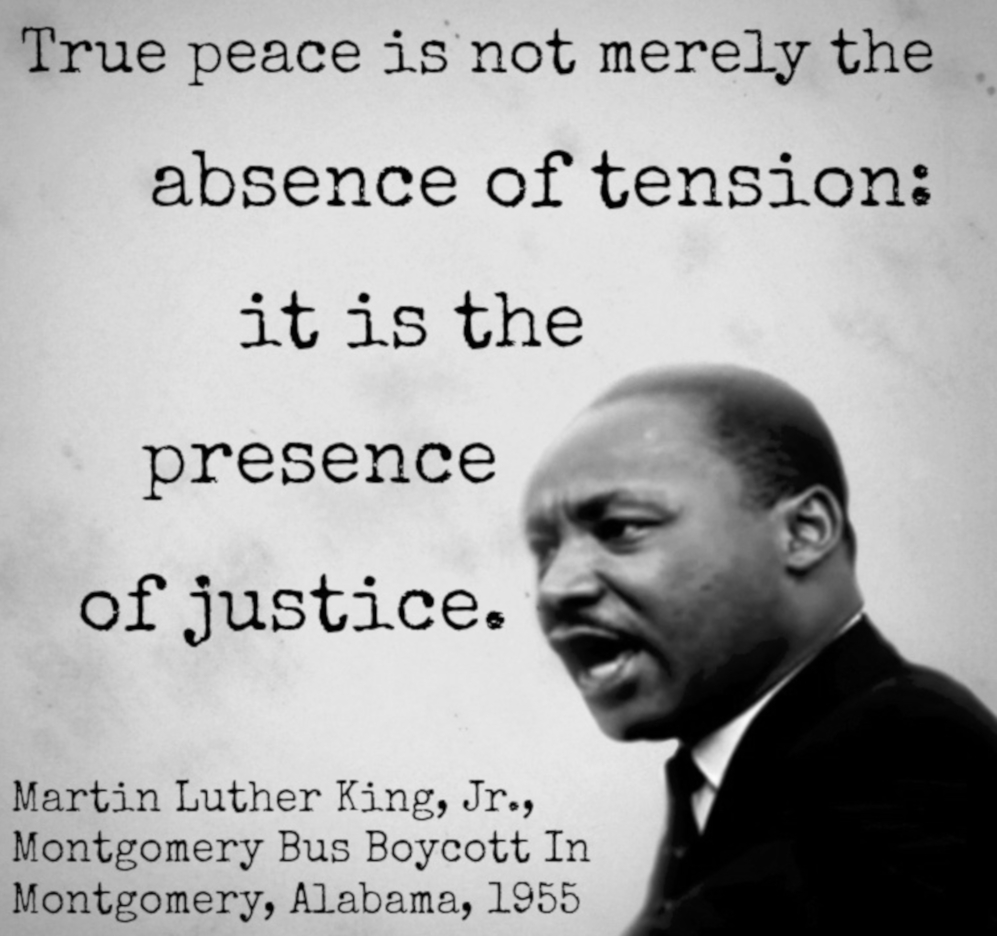Ten Lessons for US anti-war and anti-racist activists from the War in Ukraine
Number 1: White supremacy is at the root of the saturation media coverage of the war in Ukraine and the international sanctions against Russia. Equally brutal wars in Palestine, Yemen, Syria, Iraq, Afghanistan, or various African countries have elicited no comparable coverage or outrage.
The bombardment of people in the US and Europe with news, opinion and policies that humanize and uplift the Ukrainians as victims and heroes and demonize Russia, the instantaneous and united response by the so-called “international community” – essentially the EU and the NATO allies of the US – make it clear that in the eyes of imperialism, white lives matter most (as Matt Meyer had it in his book by the same name). Early commentary was quite explicit that this was an “earth-shattering event” because it was taking place in Europe and among Europeans.
If the same unanimity and propaganda barrage, humanizing the Palestinians and demonizing the Israelis for example, had taken place in response to the call from Palestinian civil society for boycott, divestment and sanctions against Israel for its brutal and ongoing occupation of Palestine and war on Palestinian civilians, Israeli apartheid would have been ended long ago.
The New York Times for one has devoted more than half of every news section of their national print edition to Ukraine for weeks, along with additional stories in the business section and the Sunday magazine. No such saturation coverage has been offered to brutal US prosecuted and financed wars of aggression in Libya or Yemen, or to the French and US role in fighting in Africa.
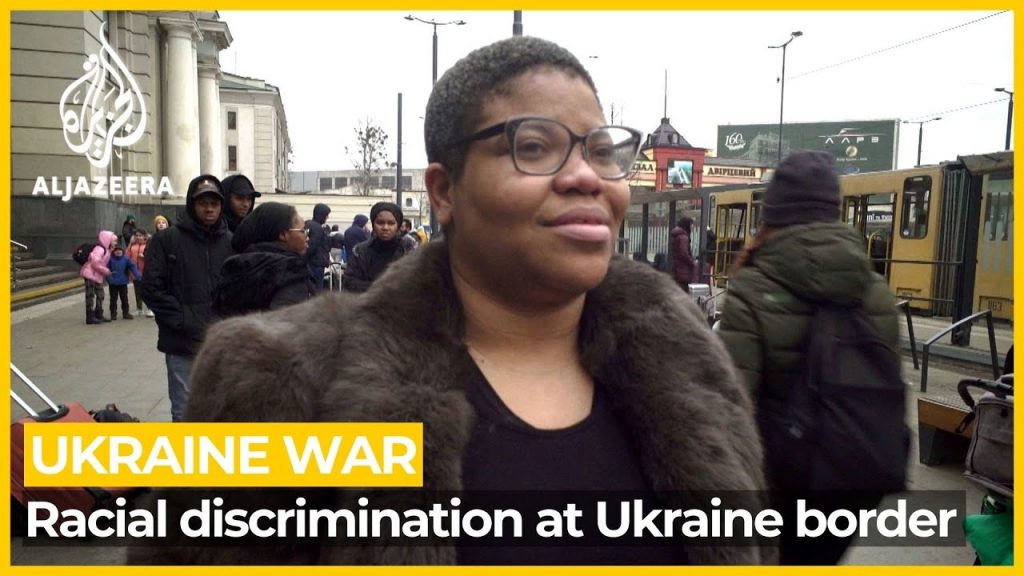
The white supremacy involved in the coverage and the Western response is underscored by the disparate treatment of (white) Ukrainian refugees as compared to the simultaneous mistreatment and rejection of asylum seekers from Africa, Central or the Caribbean in the US, and from the so-called Middle East and Africa in Europe, as well as the mistreatment of African and other non-European refugees fleeing the fighting in Ukraine.
It should also be noted that even as it increases military and economic pressure on Russia, NATO is being pushed by the Biden administration to develop a new “Strategic Concept” that also targets China. Biden’s push builds on a Trump administration effort to get NATO to focus on China as a threat. The foreign ministers of Japan, South Korea and Australia came to the recent NATO foreign ministers’ gathering in Brussels for the first time, and the NATO Strategic Concept is also expected to address China for the first time, even though the Europeans have not previously shared the US view of China as a strategic threat.
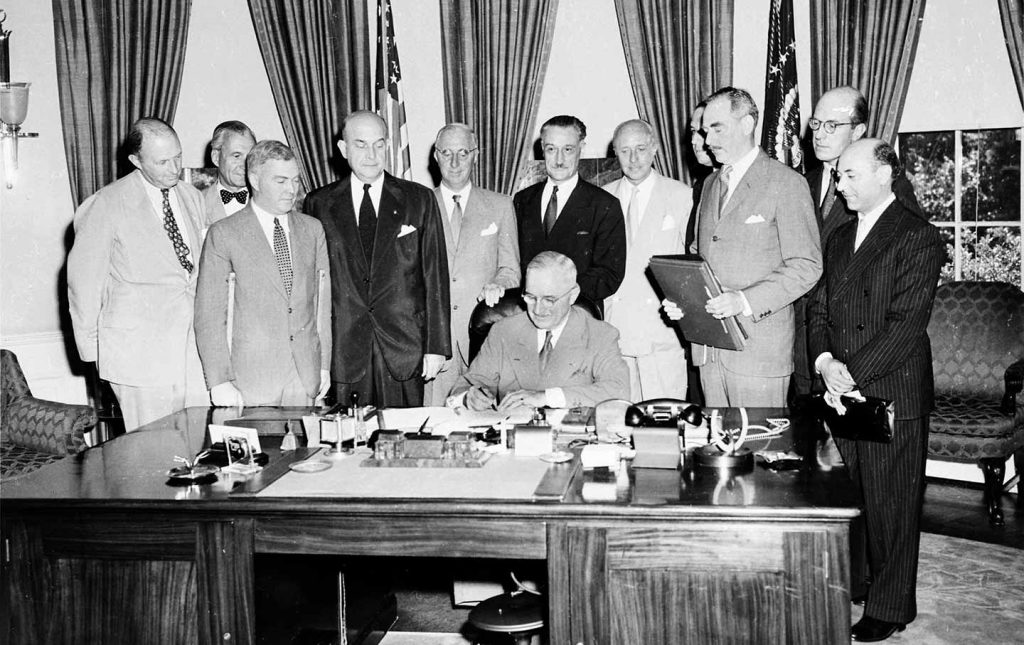
| Number 2: The place to start an analysis of the causes of the war is with a self-criticism of the weakness and inefficacy of the peace movement in the U.S. and Europe. |
| There was an early and effective mass demand for demobilization after World War II which forced the US to withdraw many of its troops at least briefly. However, the impact of anti-communism and complicity with the bounty and booty of US domination and empire swiftly led to support for an ongoing massive global military presence by the US, and the establishment of NATO, as well as similar arrangements in Latin America (the Rio Pact), the so-called Middle East with CENTO (the Baghdad Pact), and in South-East Asia with SEATO. This has continued with a lack of resistance to the “Quad” anti-China alliance by the US, and the anti-China military compact and armament program by the US, UK and Australia. |
There was a flurry of resistance in the late 80s, when the Nuclear Freeze movement, stronger in Europe but substantial in the US as well, opposed the US efforts to station intermediate-range nuclear missiles in Europe. But it petered out, and after the dissolution of the USSR, Bill Clinton and the late Madeleine Albright led a campaign to turn NATO into an aggressive, eastward facing and expanding military force with scarcely a peep from most of the US population. There was no massive outcry then or since about the wasting of the “peace dividend” from the end of the Cold War. Many on the left and in the peace movement actually supported Clinton and NATO’s so-called humanitarian war in the former Yugoslavia.
There was a massive outpouring in the streets globally in advance of Dubya Bush’s planned invasion of Iraq, but once “shock and awe” was launched, it dissipated. No other governments threatened or imposed sanctions on the US for its war of choice.
There has been no substantial resistance to the US Congress, controlled by the Democrats, allocating over a trillion dollars to the US military this year alone (counting not just the Pentagon but the “intelligence community”, NASA, the VA, and the Energy Dept. which handles nuclear armaments), while refusing to budget an equivalent amount over 10 years for social safety net programs.
We need to focus self-critically on the identification with empire, white supremacy and class collaborationism that have hamstrung opponents of US militarism and imperialism. This allowed matters to reach their current state of hostilities and the risk of a wider and deadlier conflict. We must determine how to overcome those weaknesses, and turn horror at the costs of war into effective opposition to all the war-mongers.
This is the most effective means that we have, to bring about peace – struggle to expose the aggressive US war machine and the deadly consequences of US efforts to dominate the world. The failures of the Democratic Party oriented left in this regard are evident in a recent Pew Research poll, which shows larger numbers of people in the US see Russia as an enemy. Early in the year, half of those polled though of Russia as a “competitor” rather than an enemy; now 70% go for “enemy.” The poll also shows increased support for NATO. Liberal Democrats are especially strongly supportive of NATO; skepticism of the value of NATO is concentrated among conservative Republicans, 47% of whom question its “value” to the US: https://www.pewresearch.org/global/wp-content/uploads/sites/2/2022/04/PG_2022.04.06_Russia-NATO_FINAL.pdf
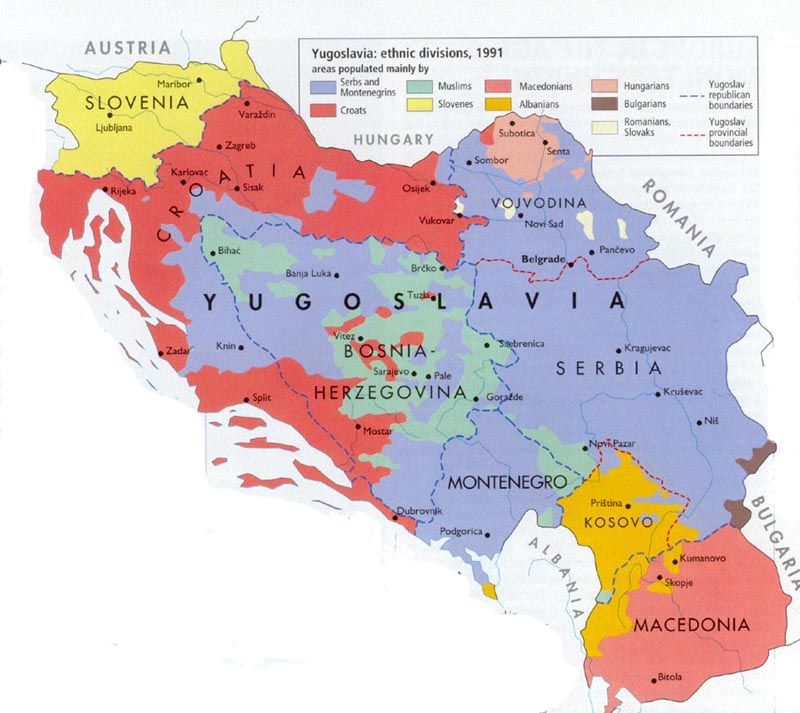
Number 3: War and ethnic hatred are the inevitable consequence of capitalism and colonialism.
People in the US, and to an extent Europe, have been blinded to this reality by the capacity of imperialism to project its violence, its military forces, and its war-making into the countries it colonizes and exploits. Beneath the surface of a so-called Pax Americana, or a “new cold war”, hot wars have been raging on the planet for decades.
The US-instigated break-up of Yugoslavia resulted in wars among Serbs, Croats, Kosovars, and attendant war crimes and atrocities. We are seeing the same thing play out now in Ukraine, except that unlike in Kosovo, NATO is constrained from direct military engagement because of the size, strength, and lethality of Russia’s military capacity. But short of a no-fly zone, NATO is arming Ukraine and punishing Russia, including its civil society, with sanctions. US sanctions against Venezuela, Cuba, Nicaragua, Iran and a host of other countries are criminal, but (as with NATO aggression), left opposition to them has been limited and ineffective. US sanctions against Iraq in the period between the first and second Bush wars in Iraq took thousands of lives, especially of children. State sanctions are a tactic of war.
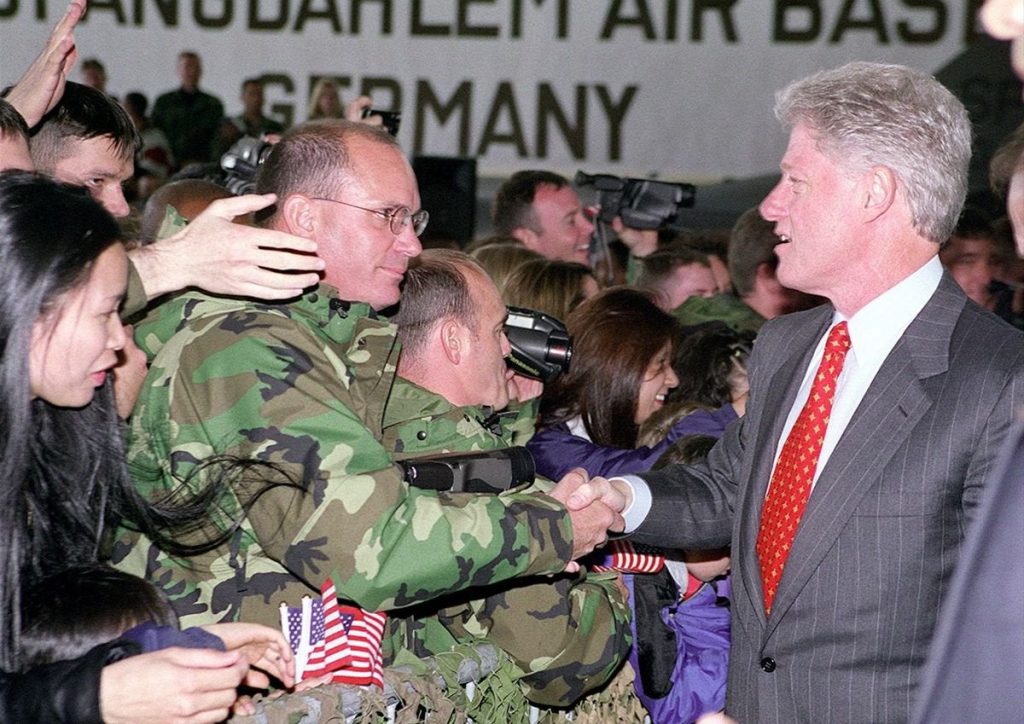
| Number 4: It’s worth pointing out (again) that in the build-up to the war, Putin denounced Ukraine as a phony nation, and blamed the Soviet Union and Lenin for inventing it. |
| He has clearly predicated his goals and policies not on socialism or the USSR, but on the old Czarist empire. He is what Lenin denounced as a “Great Russian chauvinist.” He is an anti-communist, and reactionary religious nationalist. None of that excuses the plentiful crimes of the US empire and its NATO and other military “alliances” around the world. |
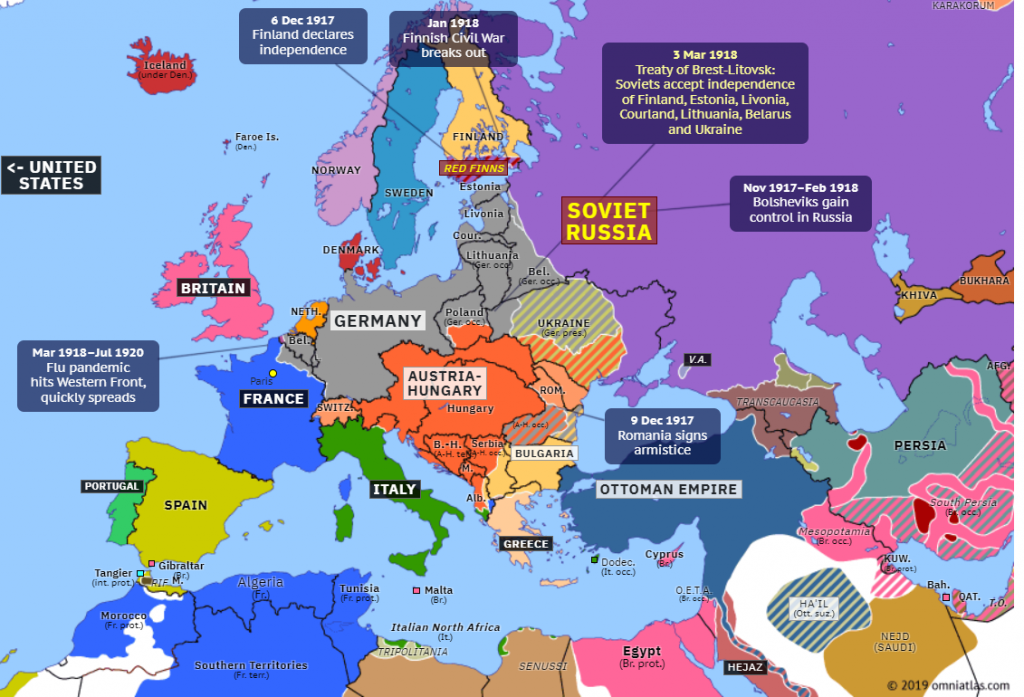
| In the light of current developments, however, it is worthwhile to cast an eye back on history, and to conclude that there was a component of Anglo-US opposition to “Russia” disguised or perhaps amplified by the ideological struggle against state socialism and the USSR. Remember, the US invaded Cuba several generations before the Cuban revolution of Fidel Castro et al, and the Marines invaded and occupied Nicaragua long before the Nicaraguan revolution of Ortega et al, because of the expansionism and exploitative geo-political interests and global ambitions of US settler-colonial capitalism. US intervention there dates back to efforts to incorporate Central American and Caribbean territories as slave states. Similarly, the US hostility towards the USSR can be seen to have been motivated not only by ideological hatred and fear of the threat of socialism, but also by geo-political interests and global ambitions. How else to explain continued US hostility and “containment/rollback” strategies against Russia, more than a generation after the liquidation of the USSR and the triumph of fairly naked gangster capitalism in Russia? The left, or at least portions of it, discredited itself with its ideological flip-flops in support of the USSR and its state interests in the period leading up to World War II. We should not make the same mistake, without even the fig leaf of supporting “socialism”, in the current instance. We can and must oppose NATO and support the Russian and Ukrainian people, and the people of the world, without becoming apologists for Russia and its war-making. |
| Number 5: There is an erroneous analysis put forward by some on the left that Russia is a state dominated by a so-called “national bourgeoisie” that has a material interest in opposing US and Western imperial domination of “Third World” countries and is therefore an objective ally of socialist or liberation forces. |
This is clearly wrong. There is no such “national bourgeoisie” opposed to imperialism in Russia, or perhaps anywhere. Russia needs security guarantees against further NATO expansion, and it is interested in contesting US hegemony, but as legitimate as those might be, they are not based on any progressive role of Russia’s ruling elites.
In all the so-called BRICS nations, the response to the failures of neo-liberalism and to the crisis of capitalist globalization has been a rise in authoritarianism and reactionary nationalism, and for Russia, India and China, if not Brazil and South Africa, an increase in militarization. The local rulers in all those countries continue to be quite well integrated into the global capitalist economy dominated by Western finance capital, as was much less the case from the 1950s-1980s. The Russian oligarchs in particular have helped prop up finance capital in London and New York, and promoted Zionism both within Israel and globally, as a prop of imperialism and settler colonialism. Of course there is inter-imperialist rivalry and there are contradictions among nation states and individual capitalists or sections of capital. But we should be under no illusion that some capitalists are “objectively progressive” or friends of the oppressed and exploited people of the world.

The deadly consequences of this illusion are also clear in Brazil, where the Workers Party under Lula and Dilma tried to use state and organized labor resources to prop up an (imaginary) national bourgeoisie of Brazilian capital to compete regionally and globally. The consequence was a parliamentary coup, the deeper integration of Brazil with neo-liberalism as a “junior partner” to US imperialism in Latin America, and the coming to power of the neo-fascist Jair Bolsonaro, with his genocidal and ecocidal “development” of the Amazonian rain forest.
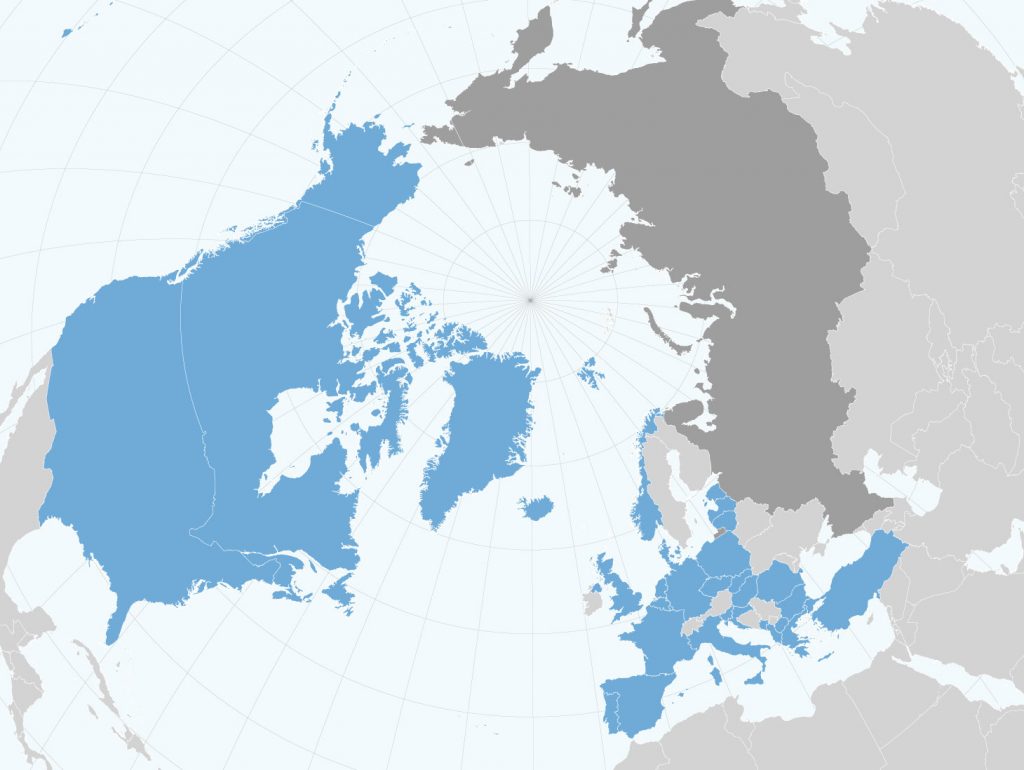
| Number 6: As we wrote at the launch of the invasion and war by Putin, although many of his charges about the actions and strategy of the US and NATO were accurate, they do not constitute a justification of the invasion. (see https://antiracist.org/blood-on-their-hands/ for that analysis.) Quite simply, two wrongs do not make a right. Yes, NATO as a cat’s-paw for the US has been marching to the edges of Russia since the dissolution of the Soviet Union (effectively exposing the Cold War lie that it was needed defense to oppose “the Iron Curtain,” Soviet expansionism and subversion, and the ideological threat of supposed godless Communism). Yes, NATO refused to say that membership for Ukraine was off the table. Yes, the US and the West fomented, with participation by rightists and neo-nazis, the overthrow of a Ukraine government interested in economic but not military or political integration with western Europe while maintaining good relations and close ties with Russia. Yes, there has been a civil war within Ukraine in its eastern, predominantly Russian-speaking provinces. |
| Nevertheless, a Russian military invasion of Ukraine with inevitable civilian casualties was neither justified, wise, nor defensible. Whether particular individual atrocities were committed by the Russians or are false flags perpetrated by Ukrainian and Russian nazis in the Azov Battalion is almost irrelevant. War is not ennobling; it unleashes the worst in many. The Russian invasion has objectively strengthened the hand of NATO and the militarists and warmongers in Europe. The Russian invasion appears to have backfired in yet another aspect; instead of the “Finlandization” (neutrality) of Ukraine, there is a push for Finland and historically neutral Sweden as well, to enter NATO. See: https://apnews.com/article/russia-ukraine-nato-jens-stoltenberg-finland-europe-e80256ebe24bc5349724f4038784bd38 The Finnish and Swedish foreign ministers just participated in a gathering of NATO foreign ministers in Brussels. We would do well to avoid becoming ensnared by the propaganda and self-justifications of any side in this war and to focus on opposition to war, war profiteering, and the root causes of conflict, and on support for the interests of the poor and working people of all nations. We have to figure out how to build an effective, impactful peace (and justice) movement in the US that can expose and oppose US imperialism and its crimes, without justifying militarism, repression and fascistization as a response to the ongoing global crisis of capitalism in other countries. Can we extend opposition to Russian war-making and oligarchs to resistance against the US war machine and “our” oligarchs, Bezos, Musk, Gates, Thiel, Zuckerberg, et al? |
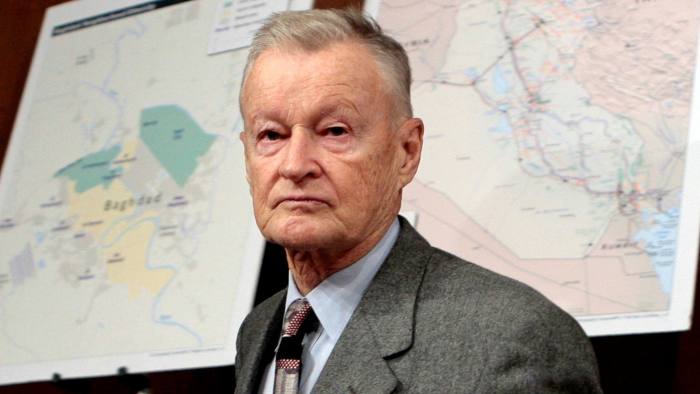
Number 7: Neither should we accept the counter-narrative that this war is the successful culmination of a US-led strategy to duplicate Zbigniew Brzezinski and Jimmy Carter’s successful entrapment of the USSR in “its Vietnam” in Afghanistan, by ensnaring Putin’s Russia into war in Ukraine.
Despite the self-defeating nature of Putin’s war, there are critical differences. The USSR sent troops into its Afghan neighbor at the request of Afghanistan’s progressive, pro-socialist government to deal with a reactionary armed insurgency by Muslim fundamentalists provided with weapons by the Saudis and the US. There is no such invitation in this case.
Nor is Putin’s Russia remotely socialist. It is a system based on the looting of the social wealth created in the USSR, through privatization into the hands of a few oligarchs, including Putin himself. It is an extractivist system and economy based on the sale of energy, mineral resources and grain to the West and other countries. Putin’s justifications for the war are not based on a reconstruction of the USSR, but on a Great Russian chauvinism and the history and model of the Czarist empire.
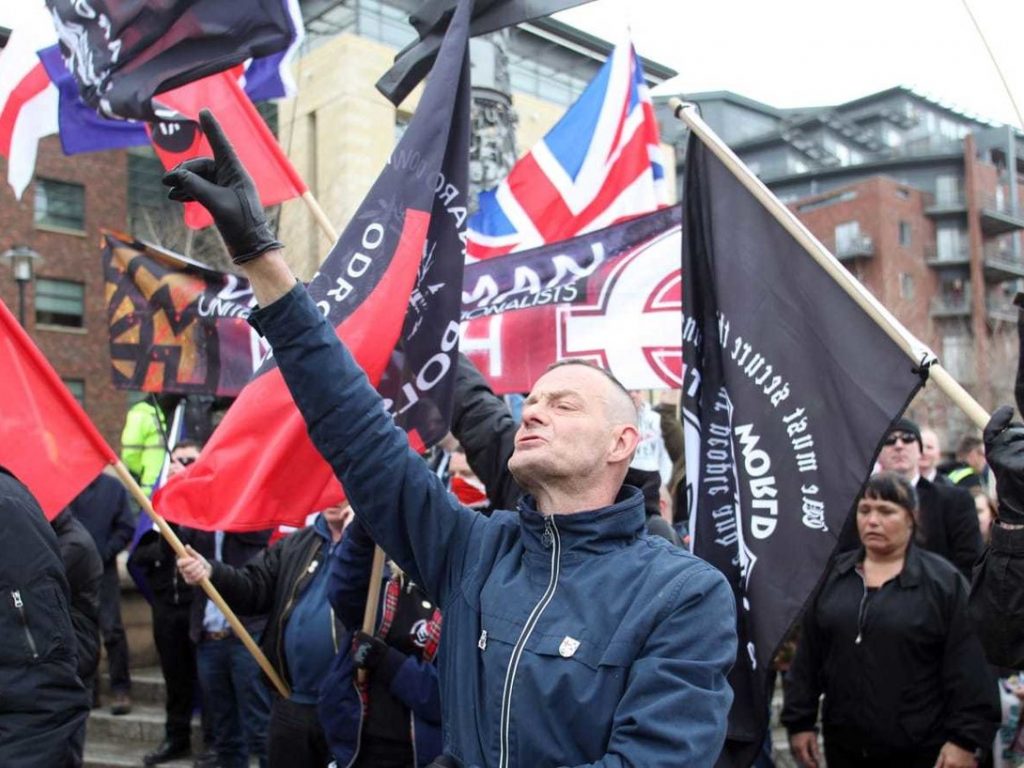
| Number 8: War is a breeding-ground and training-ground for fascism, domestically and internationally |
| There is no question that there are fascist elements in Ukraine that have now been integrated into the state apparatus. Some of them came from Russia itself. Fascists from other countries have apparently joined in Ukrainian defense against the Russian invasion in order to get military experience and training. They are probably doing this in much larger numbers than US or other western anarchists and anti-imperialists joined in the military defense of Rojava and Kurdish autonomists in Syria. Fascists have been clearer about and more committed to independent armed action than most of the left, which puts the left at a disadvantage. An international left or libertarian socialist force prepared to fight fascism physically, as in Spain during the defense of the Republic against Franco and his nazi and fascist arms suppliers, Hitler and Mussolini, seems to be a shining artifact of the past, not a current day reality. |
| Fascism is also built from above as well as below, and is advanced not only by open and self-proclaimed fascists. The censoring of anti-war voices in Russia by Putin is paralleled by the censoring of skeptical and anti-war voices in the US, as for instance in the de-platforming by YouTube of Chris Hedges and the parroting of state department lines at Pacifica (not to mention NPR). The national security state is intent on identifying any opposition to NATO or debunking of US or Ukrainian propaganda as coming from the right, and Trumpist supporters of Putin and Russia. This is similar to the treatment of any skepticism about the role of Big Pharma in the pandemic. Objectively, this strengthens the right and the fascist attempts to portray themselves as the only effective anti-elitists. It drives people into their hands, and abets their strategy of mainstreaming fascist views and drawing support from people on the left. This is fundamental to the fascist playbook. Mussolini came out of the Italian socialists to found his fascist movement. Hitler called his party the National Socialist German Workers Party. Putin cultivated ties with far-right forces as well as left elements and brought them into contact with each other at international conferences. There are fascists on both sides of the Russia-Ukraine war, and obviously within the US political spectrum inside and outside of government. An anti-fascist, anti-imperialist, anti-capitalist anti-war movement must chart an independent path that contends effectively with all of them |

| Number 9: War or no war, business as usual goes on. Despite the sanctions, western Europe continues to import Russian gas, oil and coal. In fact, Russian gas shipments to Europe through Ukraine have actually increased during the war, and Russia is continuing to pay royalties to Ukraine for the trans-shipments. |
| This is one of the many insuperable contradictions of capitalism. Can we focus people’s attention on the hypocrisy of US and European warmongers and war profiteers? What is the cost of this conflict not only in Ukrainian and Russian lives, or in rising gas prices, but in the vast sums going into weapons (and the bank accounts of the arms-makers and arms dealers)? The US has by far the largest arms industry in the world, not only in heavy weaponry but small arms, that fuel violence and deaths in the US itself as well as in dozens of countries around the world. We cannot allow the Russian invasion to become a justification for that. This is yet another reason why an anti-war movement must be a consciously anti-capitalist movement. |
| Number 10: To build an effective anti-war movement in the US, we must link together peace and justice. The US economy is bound up with the war machine, the so-called military-industrial complex, and with the carceral state, the internal war of racialized policing, surveillance, counter-insurgency, and mass incarceration. We must have a program for a just transition for all communities from reliance on weapons manufacture, imprisonment, and law enforcement (including border enforcement). Demands for eliminating nuclear weapons or ending reliance on fossil fuels must include plans for socially meaningful and valuable economic activity, production and employment. Leaving the uranium and the oil, coal and gas in the ground must recognize indigenous stewardship and protection of the water and land. But it also must project a way of life in which all people can have meaningful, gainful work engaged in production that is socially useful and necessary and manifests a reciprocal, restorative relationship with the rest of the natural world. We must offer a vision of the better world that is necessary and possible. We must provide people with a sense of their own power to create that world. We must also recognize that those who possess power within this current system, and those who identify with them, will not relinquish that power without a struggle. They have been waging a class and colonial war for centuries in these lands, and by their nature, they will continue to do so until the oppressed, exploited and colonized unite to change the world. |
